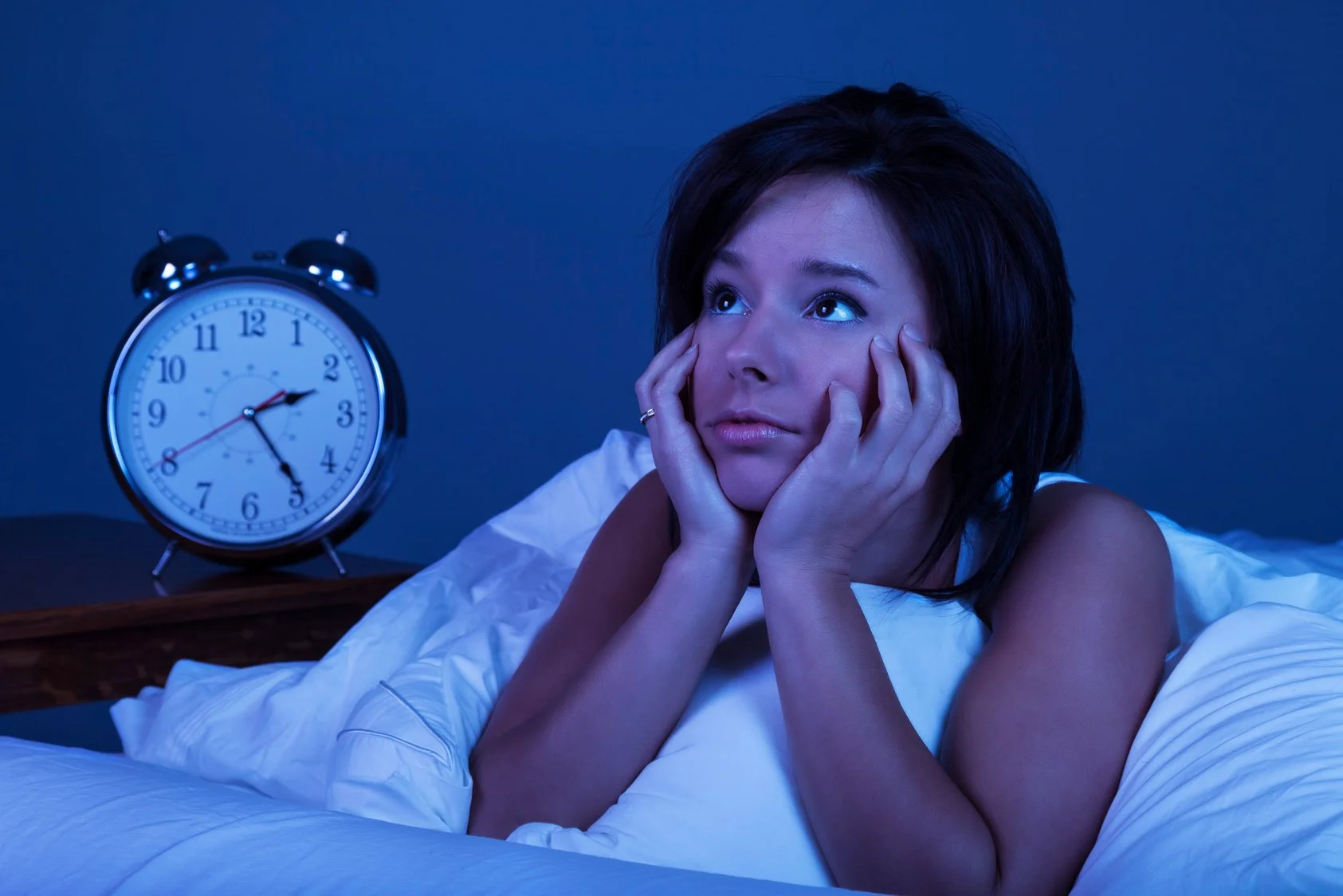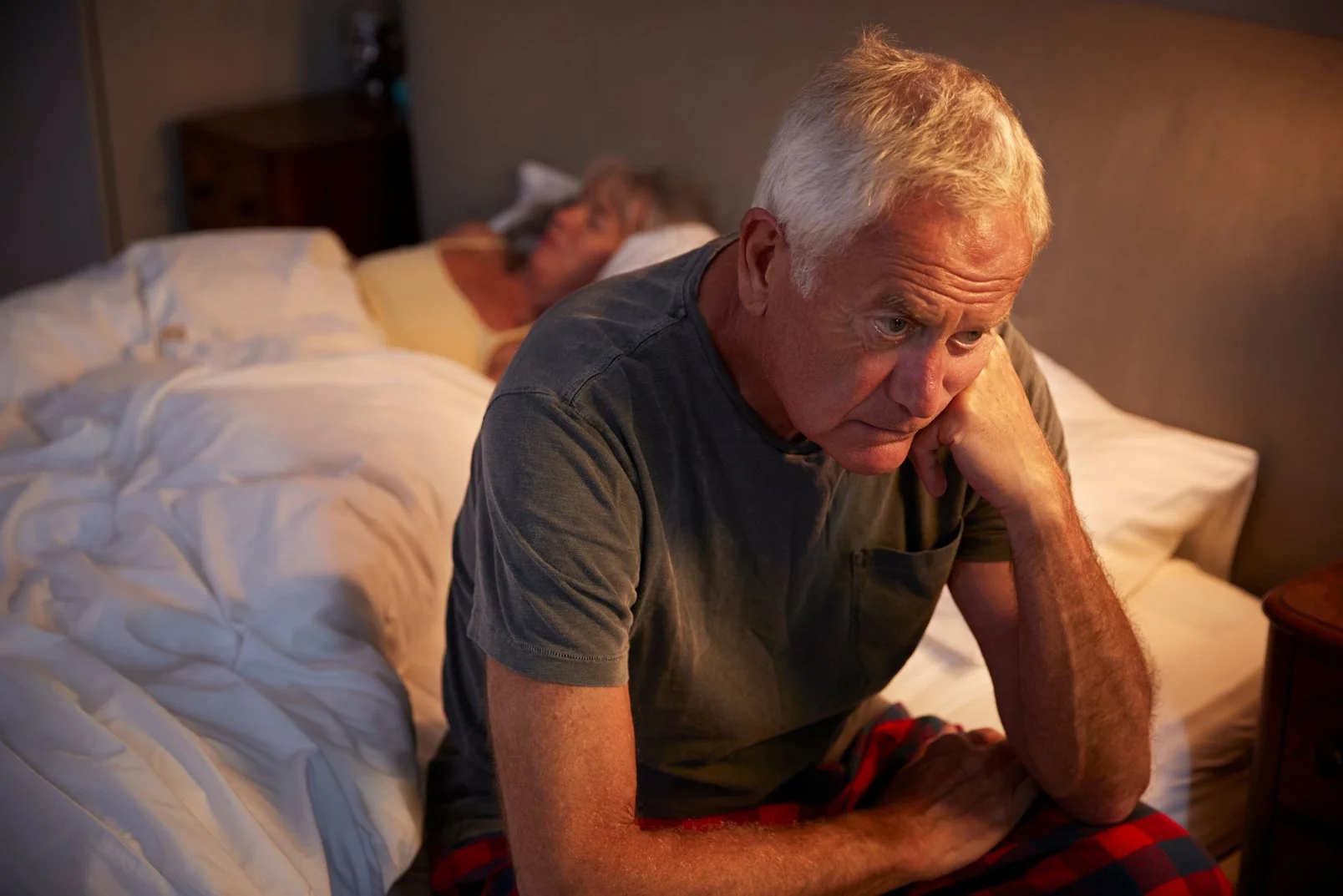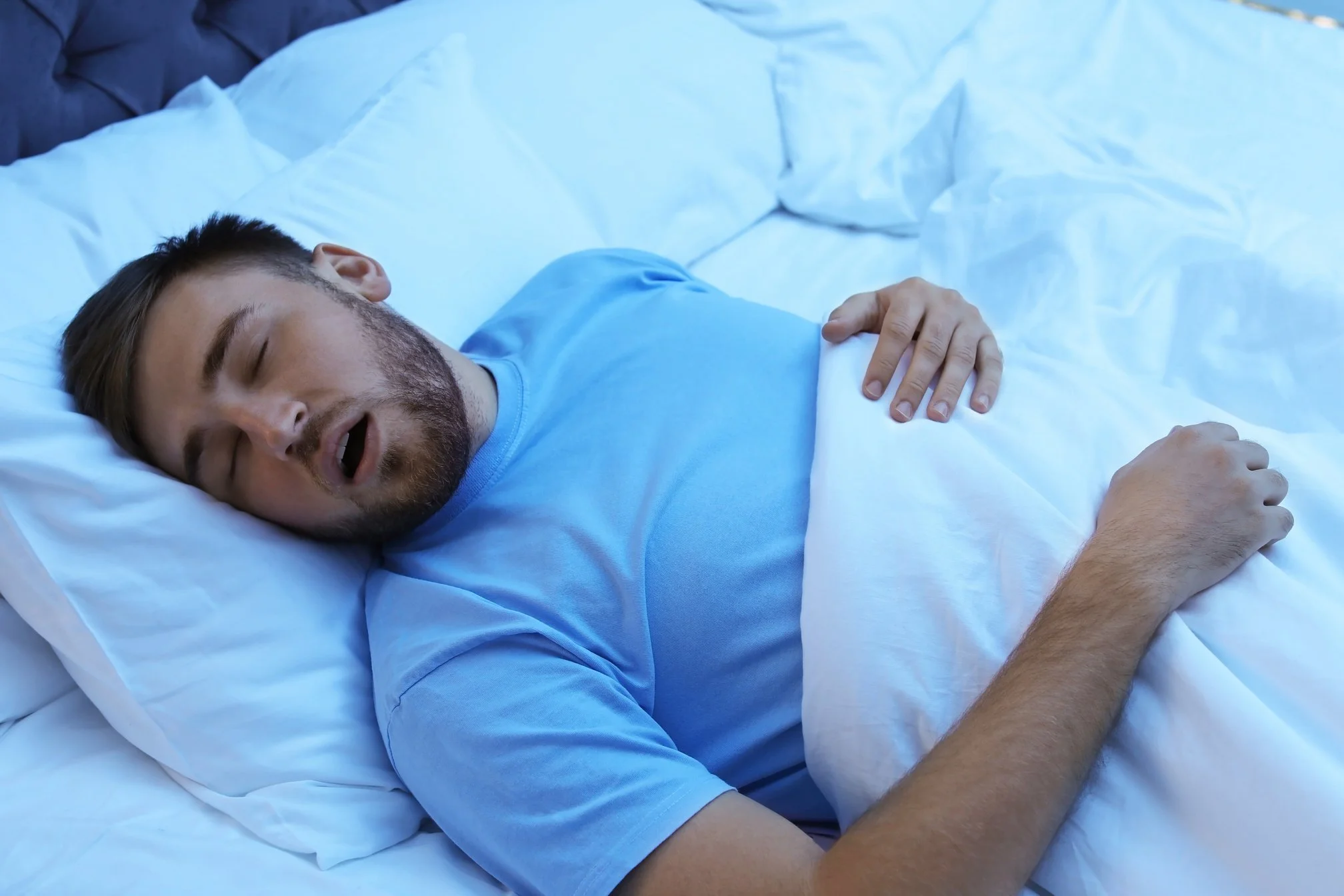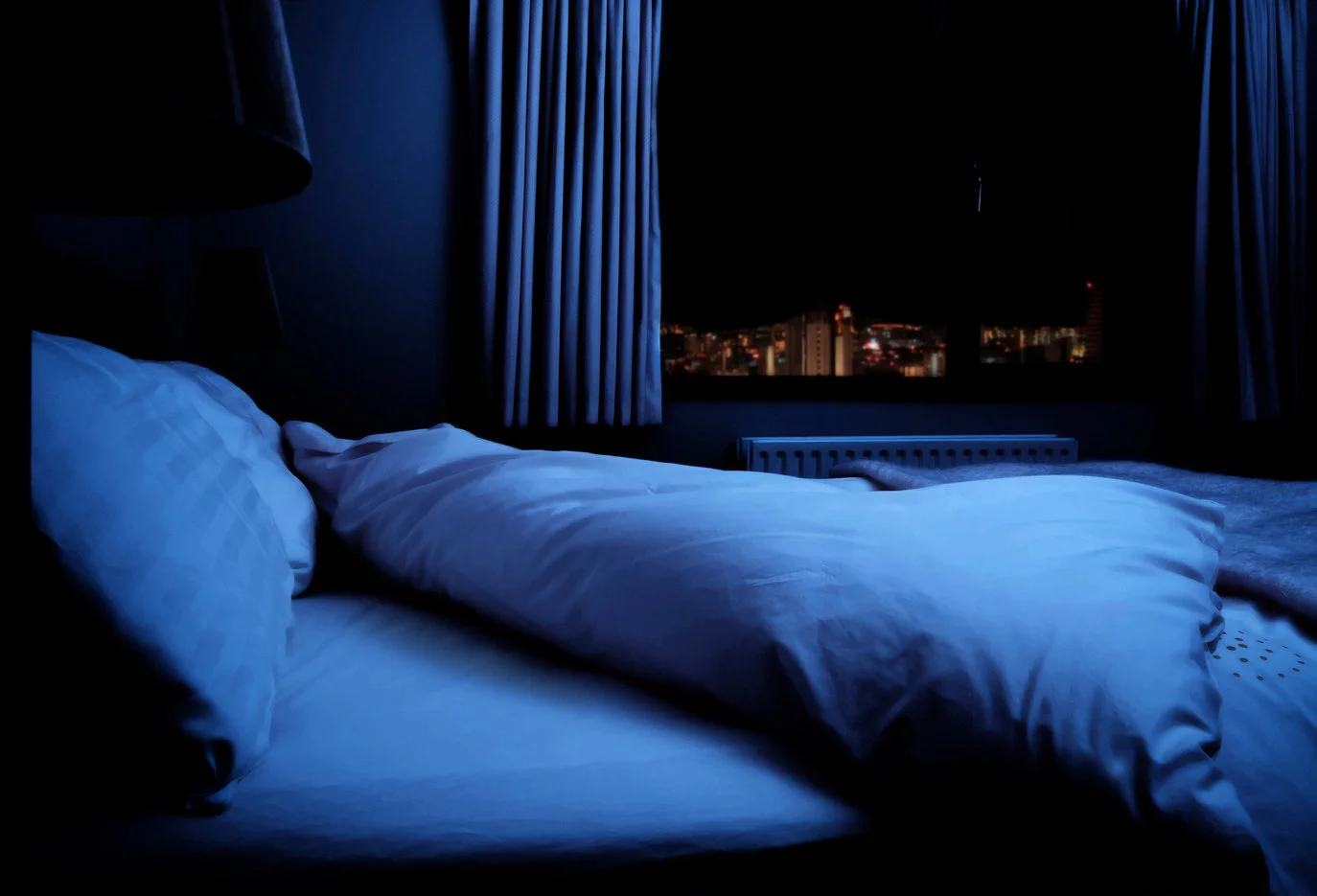Winter Newsletter 2025 - Sleep
Now that the weather has cooled, those of us in Australia, have switched to our warm bedding and settled into spending more time in our warm, comfy beds.
This is also the time of year that we become more aware of any sleep issues that we may have dismissed as to be caused by the often very warm sleeping conditions during our long summer months.
Sleep is an important process of rest for our body and mind. Uninterrupted sleep allows our cells to detoxify, repair and fight infection and our brain to consolidate memories and stabilise emotions to reset us for the next day.
Individual needs are determined by our genes, gender, age, health and lifestyle.
This newsletter provides:
An overview of Sleep Fragmentation, Insomnia, causes and treatments.
An introduction to the circadian rhythm.
Serious Sleep Issues that need follow-up.
How an integrated Homeopathic Treatment Plan can help you at every level of severity.
Sleep Hygiene and Sleep Tips.
The key message is - Our Sleep Affects How We Feel Every Day and Everything We Do.
Our Hypothalamus is influenced by the 24-hour light cycle produced by the Earth’s orbit around the sun. Each day the Hypothalamus responds to light and other stimuli to modulate our body systems in the production of hormones, change in our body temperature and mood as well as protect, heal and detoxify our cells. This is described as our circadian rhythm which produces a complex pattern of bio-chemical processes throughout our day and night.
Our circadian rhythm affects our wakefulness and sleep with observable peaks and dips in our energy. Our sleep process involves cycles of light, deep and REM sleep (which includes most of our dreaming) that repeat throughout the night. Generally it is considered that 7-9 hours are enough to maintain health, while adolescents, women (especially while menstruating), and with those with sleep debt need to sleep at the upper end of the range of hours.
We may believe that we have slept long enough but still experience problems feeling unrefreshed on waking and feel tired during the day. This may mean that we experience Sleep Fragmentation where our sleep is often interrupted during the night (which we may/may not be aware of) making it hard for our mind and body to rest well. Sleep Fragmentation can lead to emotional dysregulation, cognitive and chronic health issues.
Signs and Symptoms of Sleep Fragmentation:
Difficultly getting to sleep.
Waking up often during the night.
Snoring.
Nightmares or ‘too many’ dreams.
Waking unrefreshed.
Feeling tired during the day.
Difficulty concentrating.
Nodding off to sleep during the day or very early at night.
Mood issues.
Our sleep partner is concerned about our snoring and breathing during our sleep.
Cause of Sleep Fragmentation
Most of us are now aware of good sleep hygiene which addresses our sleep environment, the timing of our exercise and sleep, drinking coffee, as well as using
devices in bed. (please see My Quick Checklist for Sleep Hygiene and Tips for Sleep at the end of this newsletter).
If you have addressed your sleep hygiene and still experience issues with sleep and wake unrefreshed, I recommend that you have a health assessment to determine the cause and solutions.
There are many causes of Sleep Fragmentation that can affect our circadian rhythm. If left untreated they can produce a cumulative feedback loop with serious effects to our health and wellbeing producing heart disease, diabetes, obesity, cognitive impairment and depression. Significantly, if we already have a chronic illness it can become worse with sleep issues and create an inescapable cycle of worsening symptoms if not addressed.
The causes of Sleep Fragmentation can include structural issues with our jaw, nose and uvula, changes to the tone of our soft palate; diet; being overweight; pharmaceutical medication; dental issues (e.g. neglected gum infections, grinding our teeth and health issues (e.g. parasitic infections producing toxins and disrupting our immune and nervous systems; chronic diseases such as diabetes); as well as mental health issues (e.g. stress, grief and trauma).
So there is a lot to unravel in order to identify the cause/s and find solutions.
Impact on Health
The impact of poor sleep on health is cumulative as we become older, affecting our mood, relationships, productivity, health, including the risk of heart disease, diabetes, dementia and shorter life. Therefore it is crucial to our health and wellbeing.
I can provide a comprehensive Homeopathic Health assessment to help you determine the possible cause and the severity of the impact of your poor sleep.
Homeopathic medicines for Sleep Fragmentation are selected on the basis of:
Your sleep/wake cycle with attention to how easily you fall asleep, the time you feel wakeful during the day, when you wake at night, when you feel tired during the day and night, how you feel in the morning, the type of disruption to your sleep and dreams.
Nervous system - mental health issues, previous or current trauma, anxiety, working environment and lifestyle.
Immune system - current and previous infections, including respiratory illnesses and allergies.
Digestive system - bowel and digestive issues, parasitic infections.
Homeopathic medicine is one part of the integrated support that I can provide in addition to help with your sleep routine, diet, exercise and breathing techniques, stress release and other concerns.
Your integrated Sleep Fragmentation and Insomnia program will help you to regulate your circadian rhythm with:
Homeopathic medicine to improve symptoms and help to address or ameliorate the cause.
Recommendations on how to maximize your productivity.
Diet - based on your individual needs.
Supplements - Vitamins and Minerals based on your individual needs.
Exercises to help you reset and deal with stress.
Even the smallest of behavioural changes can make a difference in how we recharge and reset each night and how we perform the next day.
POSSIBLE CHRONIC SLEEP ISSUES
If you have a chronic health issue such as diabetes or heart disease with sleep issues I recommend that you see your doctor to review your pharmaceutical medications, as there may be changes in your condition.
I can then provide an integrated treatment plan, including Homeopathic medicines, diet, supplements and lifestyle advice. I will report to your doctor as needed and refer you back to them for reassessment of your pharmaceutical medications and dosage as your symptoms improve.
If you are diagnosed with Obstructive Sleep Apnea (OSA) I can provide an overview of the process, medical approaches, rebates as well as the range of surgical interventions and devices available. There are many devices for Sleep Apnoea and it is important that you carefully consider the range available as it can be a costly investment.
The Sleep industry is one of the fastest growing and competitive areas in medicine and can be a costly and confusing journey to navigate. I can provide an objective overview of what is available, the best people in the industry to contact and I can also help you to adjust mentally and physically to your chosen device.
Central Sleep Apnea (CSA) is a life threatening condition where there are pauses or reductions in breathing during sleep. CSA is a breathing disorder that is related to brain function rather than an obstructive airway.
Other symptoms include excessive daytime sleepiness, poor sleep quality, and waking up short of breath. Central sleep apnea can be caused by various conditions, including heart failure, stroke, and certain pharmaceutical medications.
If you experience these symptoms please see a medical practitioner for an immediate assessment.
I can then provide you with an integrated treatment plan to support your medical treatment and pharmaceutical program.
Finally here is ...
My Quick Checklist for Sleep Hygiene.
A dark quiet room.
A room designated for sleep and intimacy.
No chocolate or coffee after 4pm.
Avoid naps, though power naps can be useful.
Exercise by 6pm.
Eat no later than 7pm during the working week.
Get to bed 9.30-10pm
No work in bed.
No devices in bed - including mobile, tablet and laptop.
Some of My Sleep Tips
Invest in a good mattress and pillow.
Curtains or blackout blinds on the windows.
Wear a sleep mask, if there is light still coming through your windows.
Listen to relaxing music and turn down the lights 1 hr. before bed.
Follow a regular routine to help you relax and wind down before sleep.
Wishing you all the best for refreshing sleep over the coming months, Anna.
Further Reading
2. The Effects of Insomnia and Sleep Loss on Cardiovascular Disease.
Khan MS, Aouad R.Sleep Med Clin. 2022 Jun;17(2):193-203. doi: 10.1016/j.jsmc.2022.02.00
https://pubmed.ncbi.nlm.nih.gov/35659073/
3. Sleep deprivation and stress: a reciprocal relationship.
Nollet M, Wisden W, Franks NP.Interface Focus. 2020 Jun 6;10(3):20190092. doi: 10.1098/rsfs.2019.0092. Epub 2020 Apr 17.
https://pubmed.ncbi.nlm.nih.gov/25640603/
4. Sleep Apnea and Cardiovascular Risk in Patients with Prediabetes and Type 2 Diabetes.
Paschou SA, Bletsa E, Saltiki K, Kazakou P, Kantreva K, Katsaounou P, Rovina N, Trakada G, Bakakos P, Vlachopoulos CV, Psaltopoulou T.Nutrients. 2022 Nov 24;14(23):4989. doi: 10.3390/nu14234989.PMID: 36501019 Free PMC article. Review.
https://pubmed.ncbi.nlm.nih.gov/36501019/
5. Circadian disruption, shift work and the risk of cancer: a summary of the evidence and studies in Seattle.
Davis S, Mirick DK.Cancer Causes Control. 2006 May;17(4):539-45. doi: 10.1007/s10552-005-9010-9.PMID: 16596308 Review.














